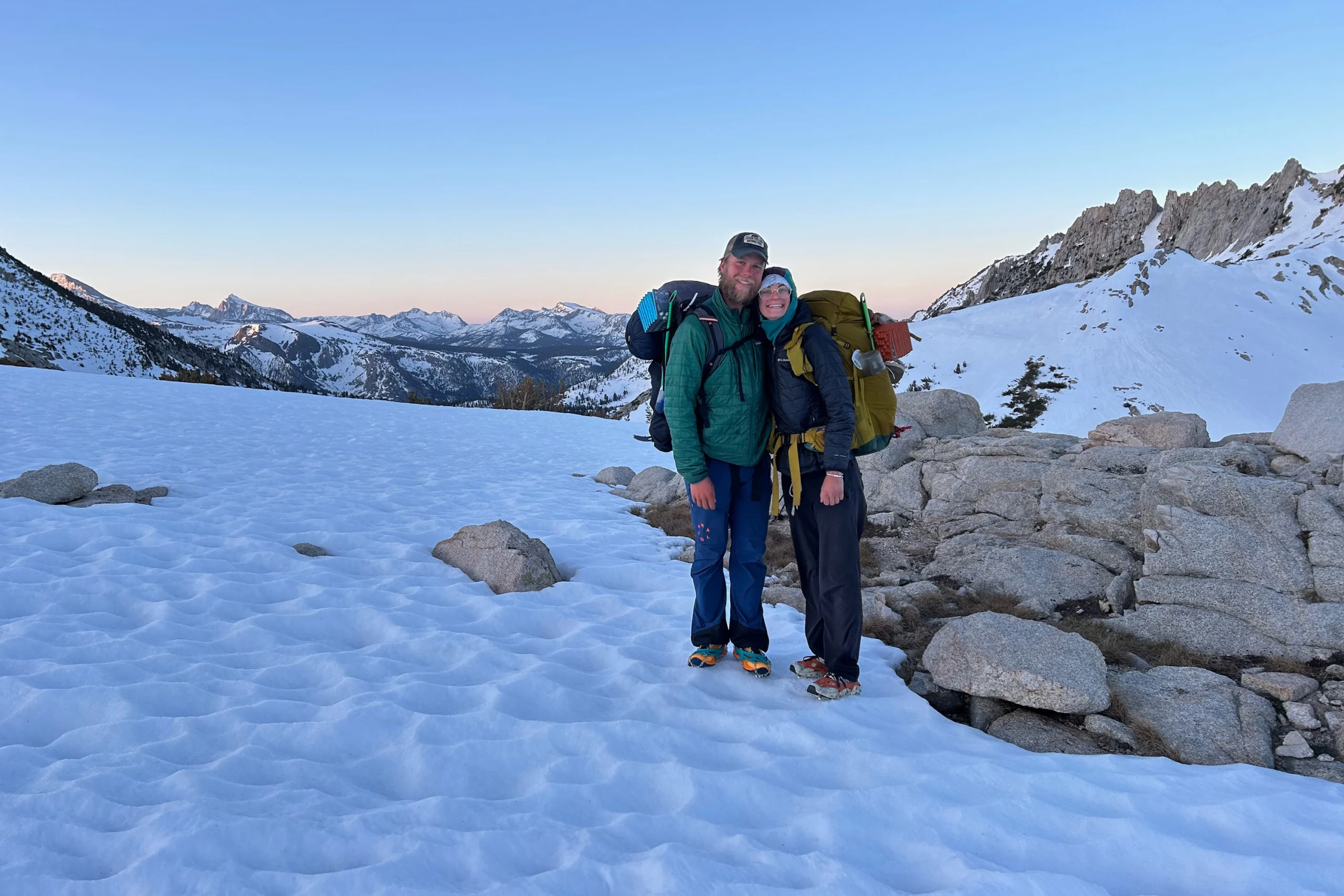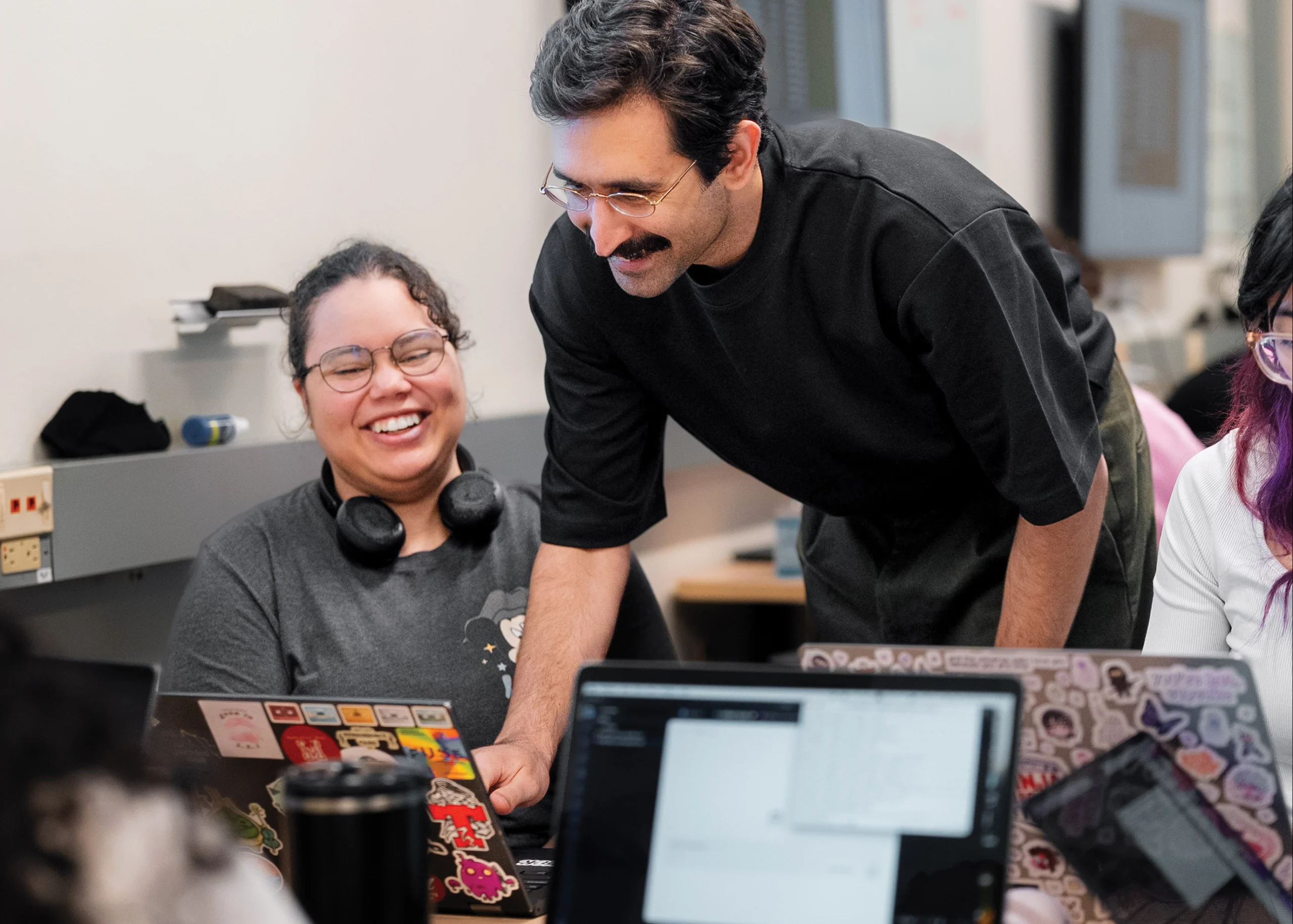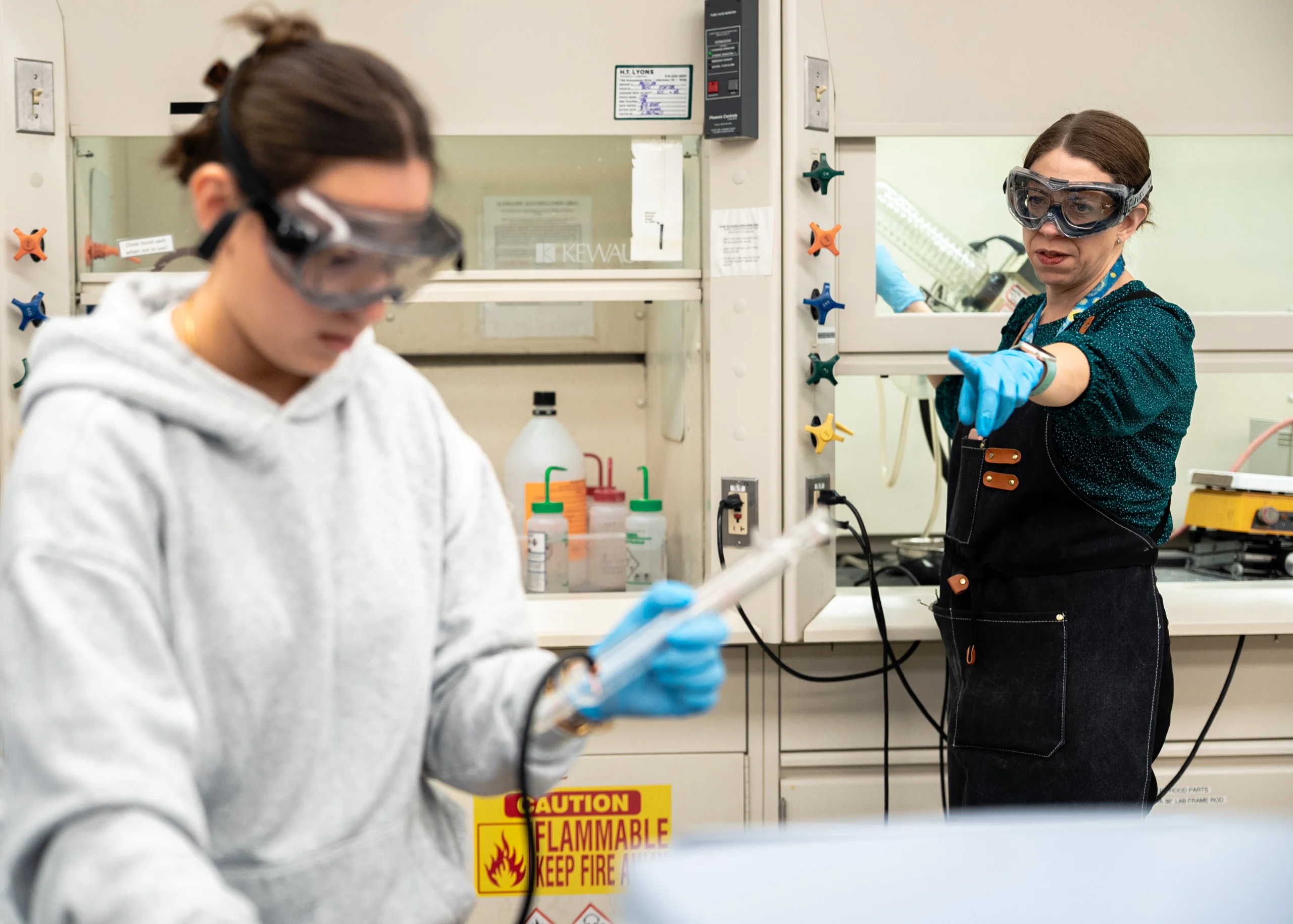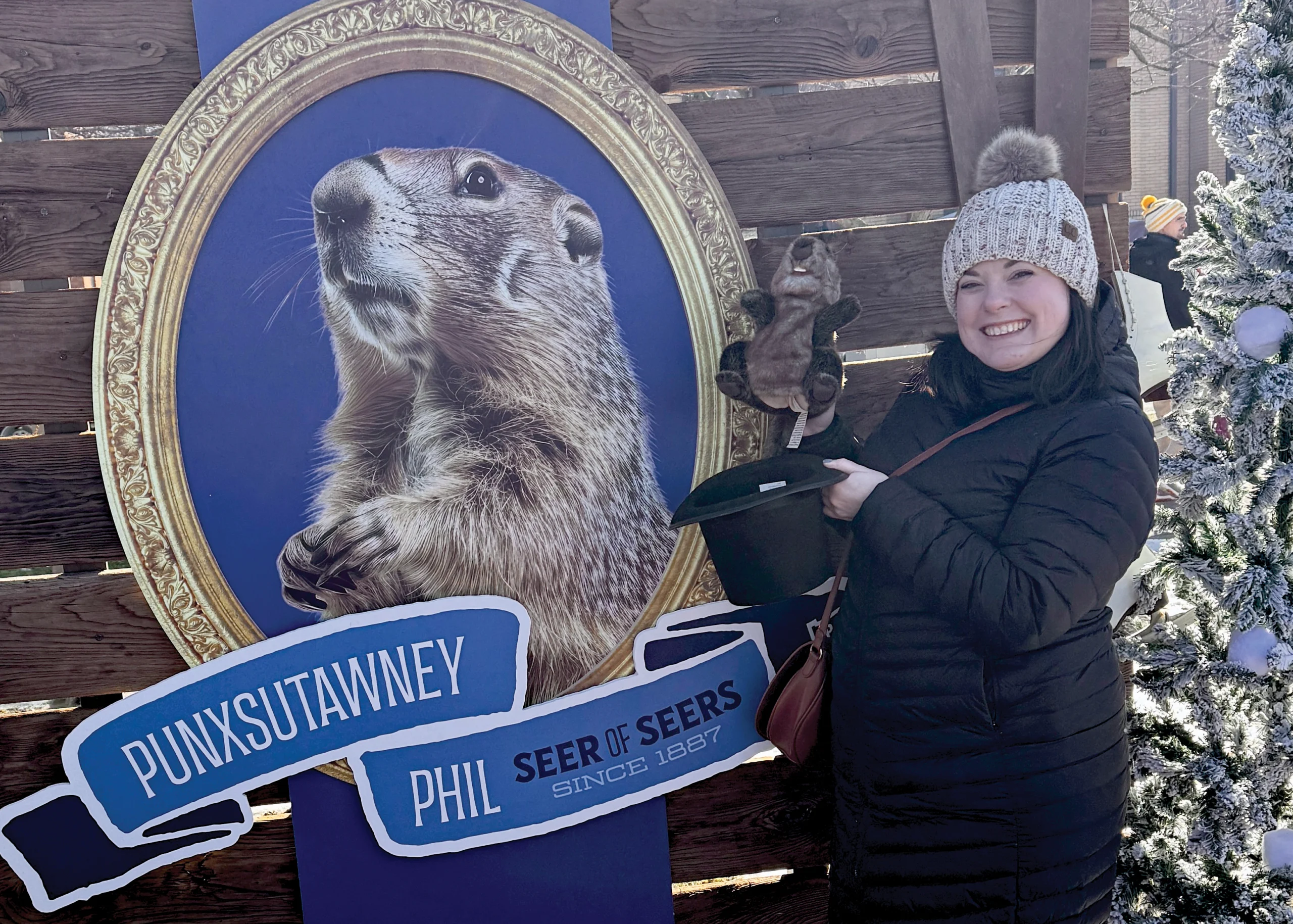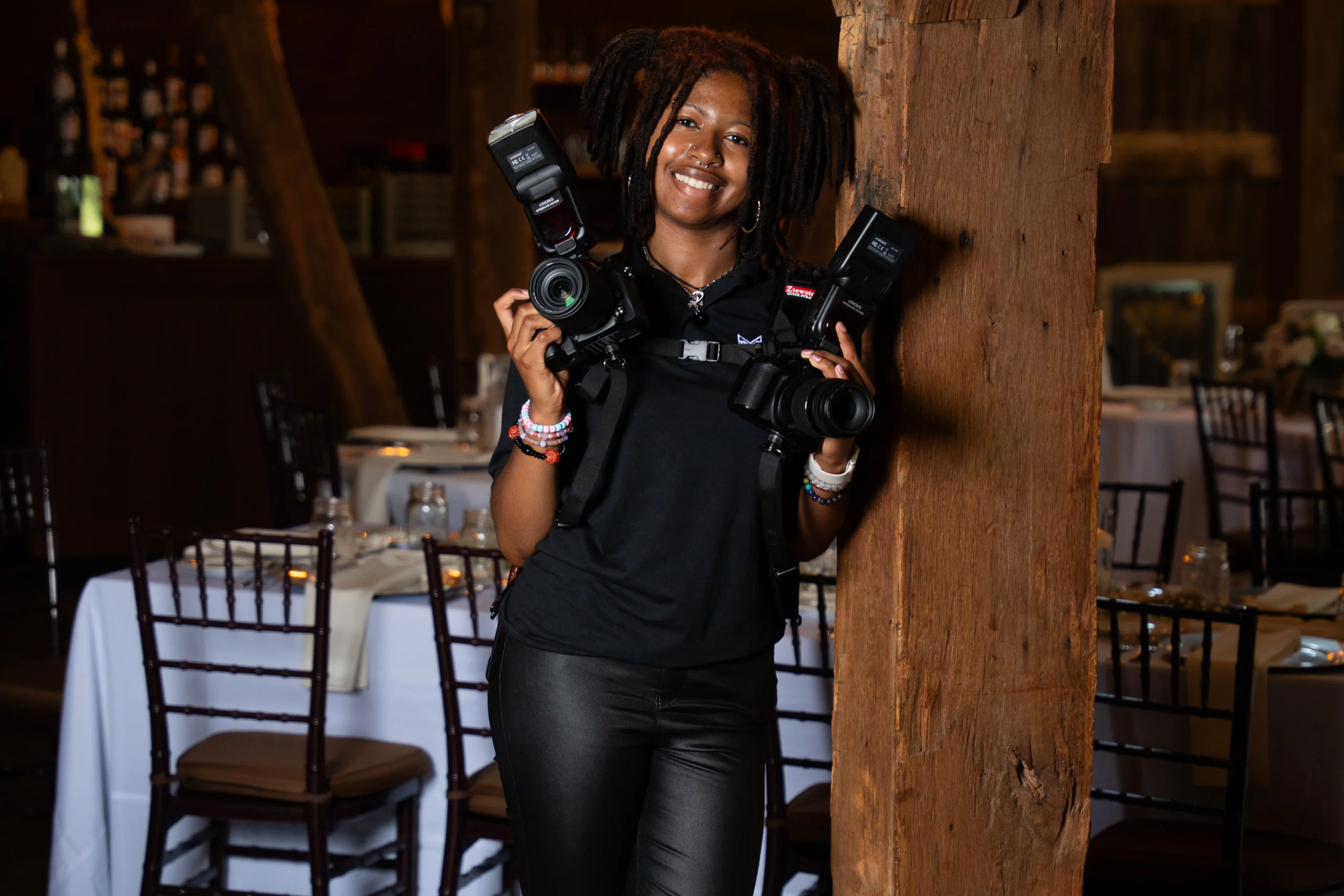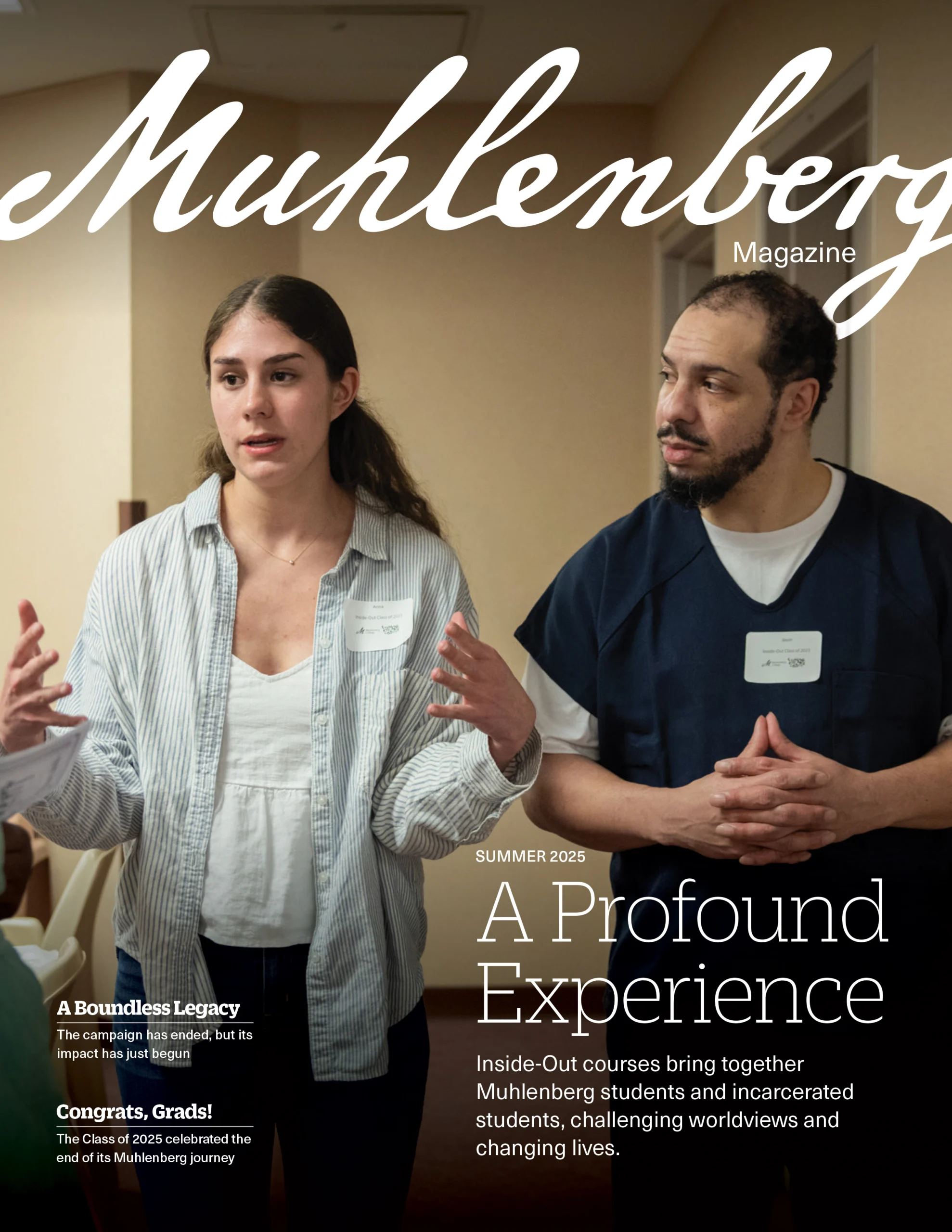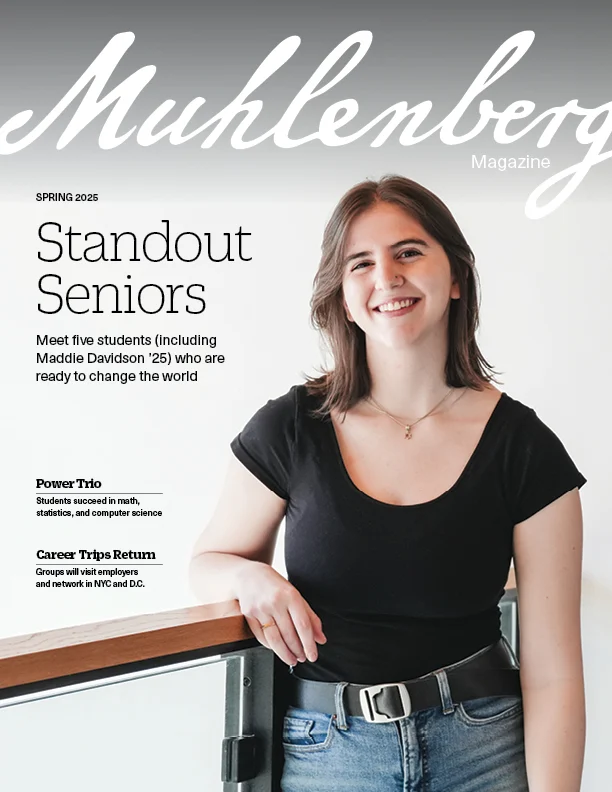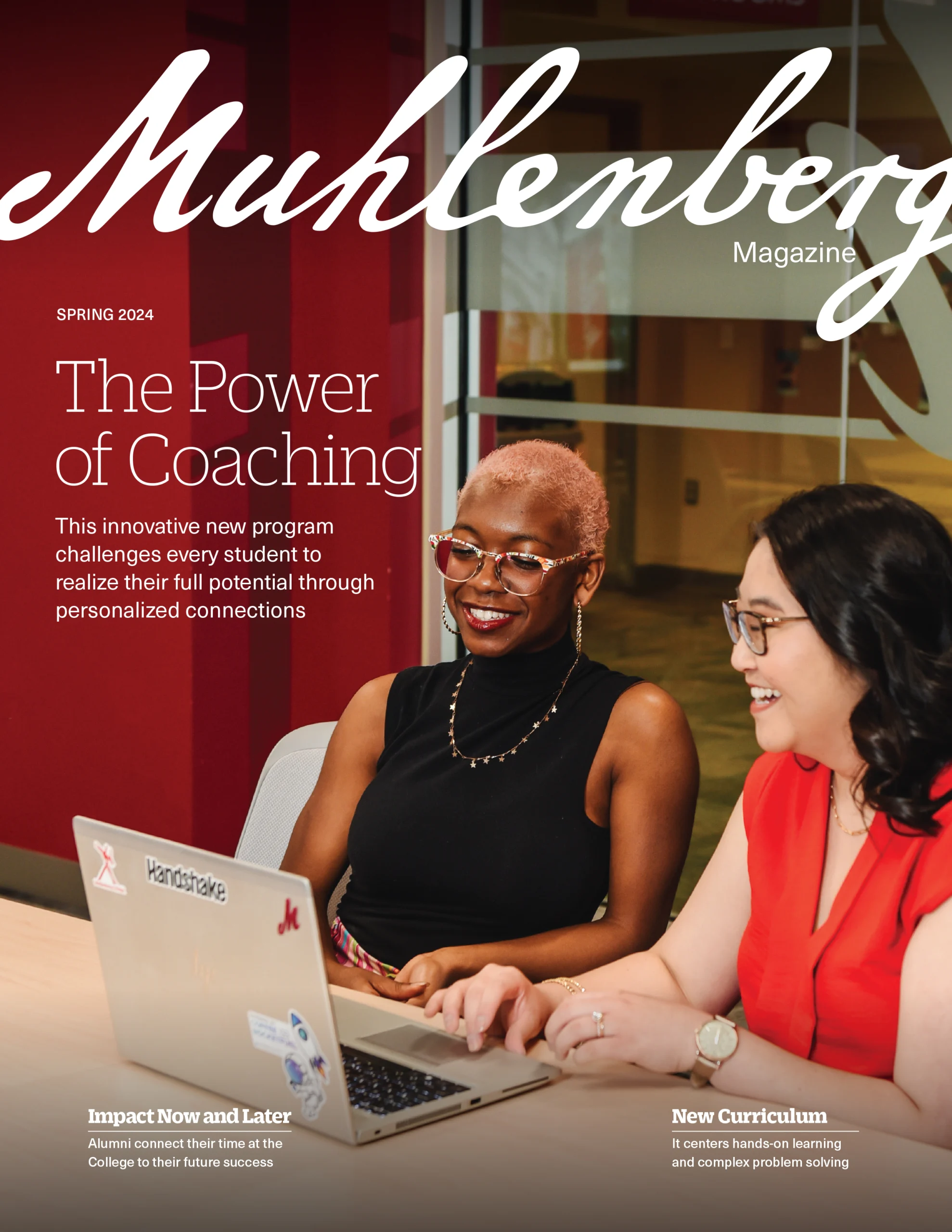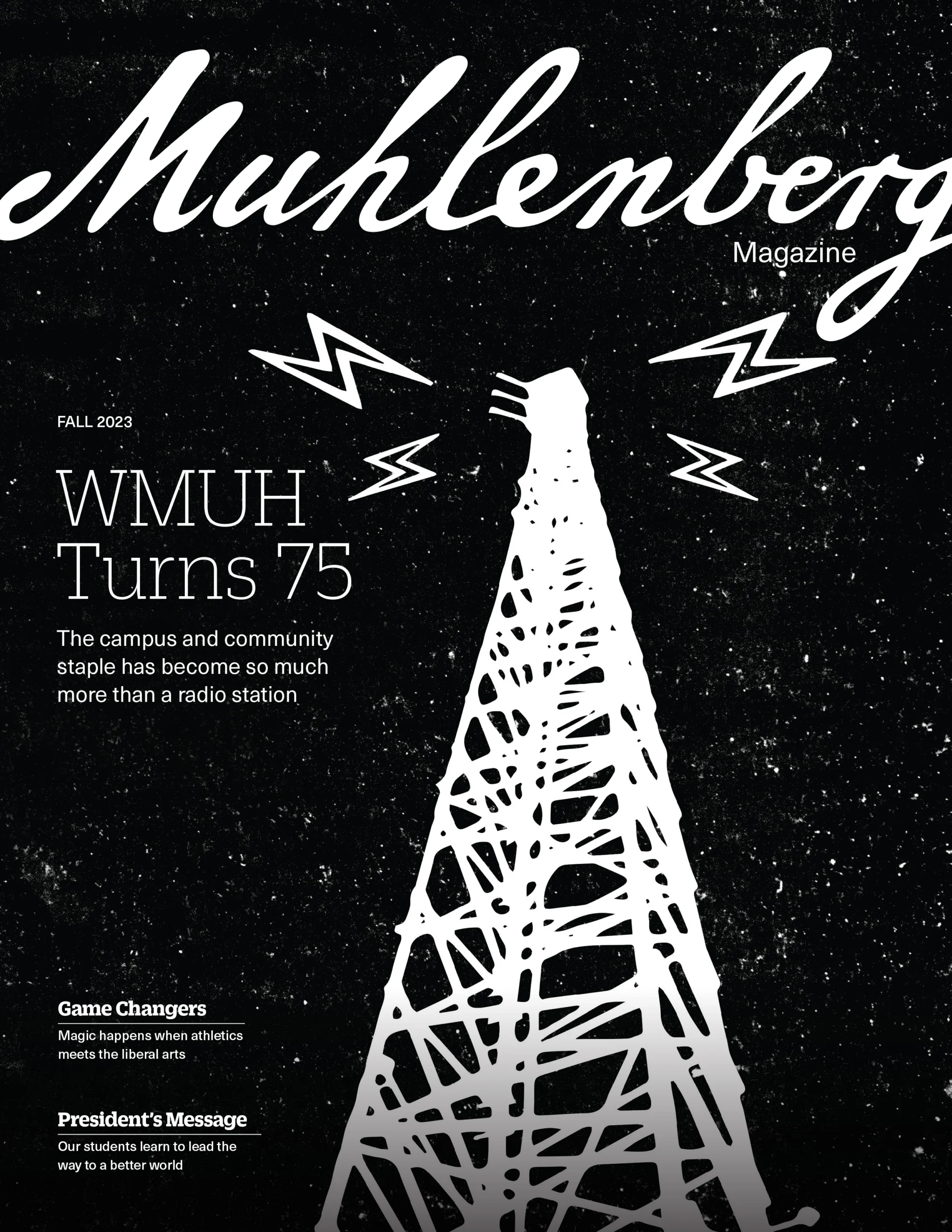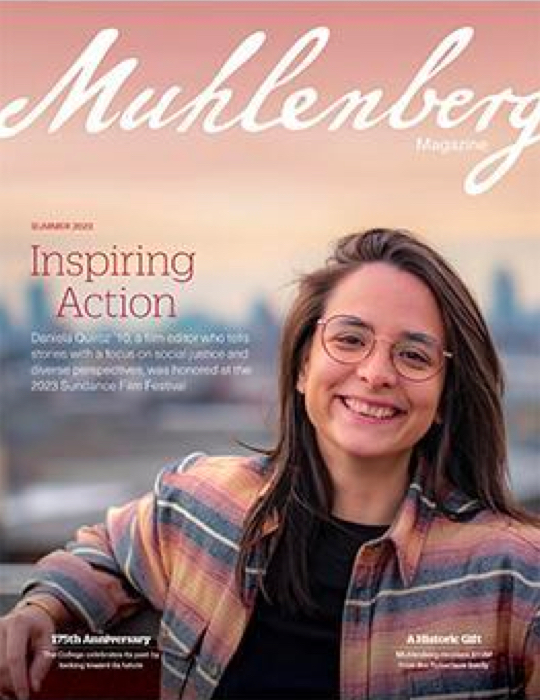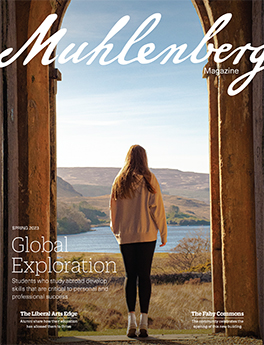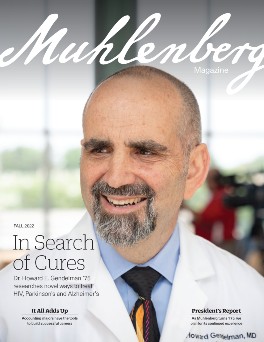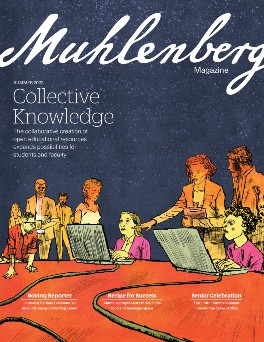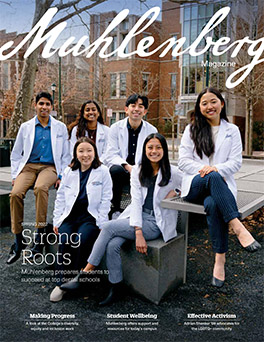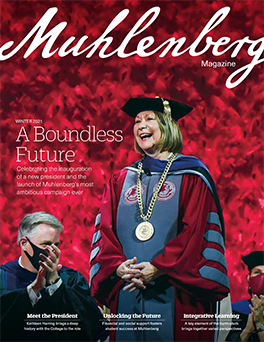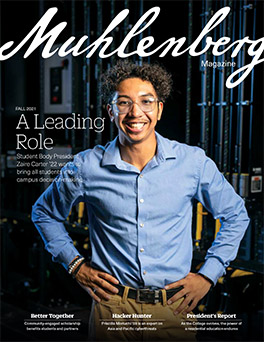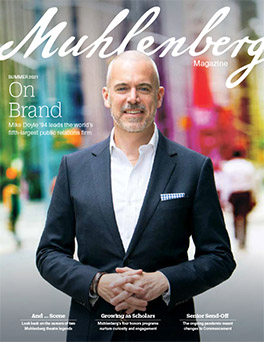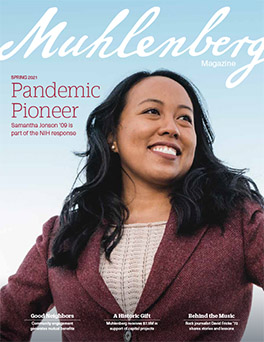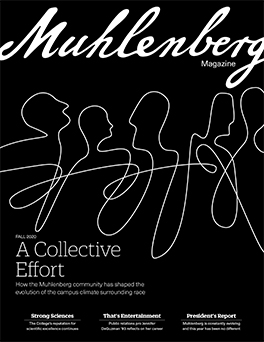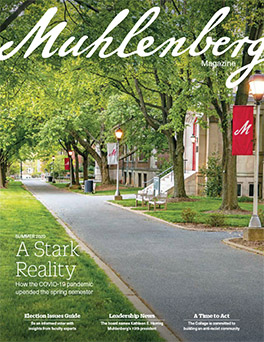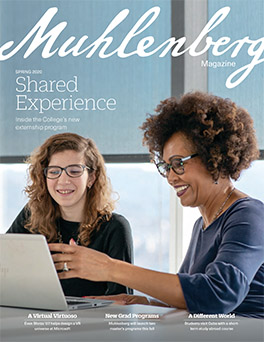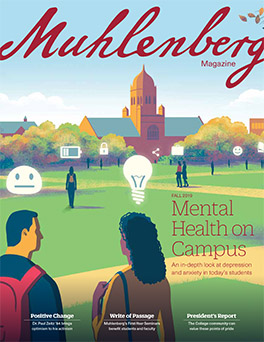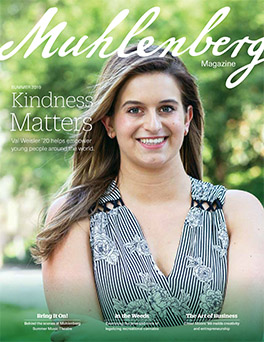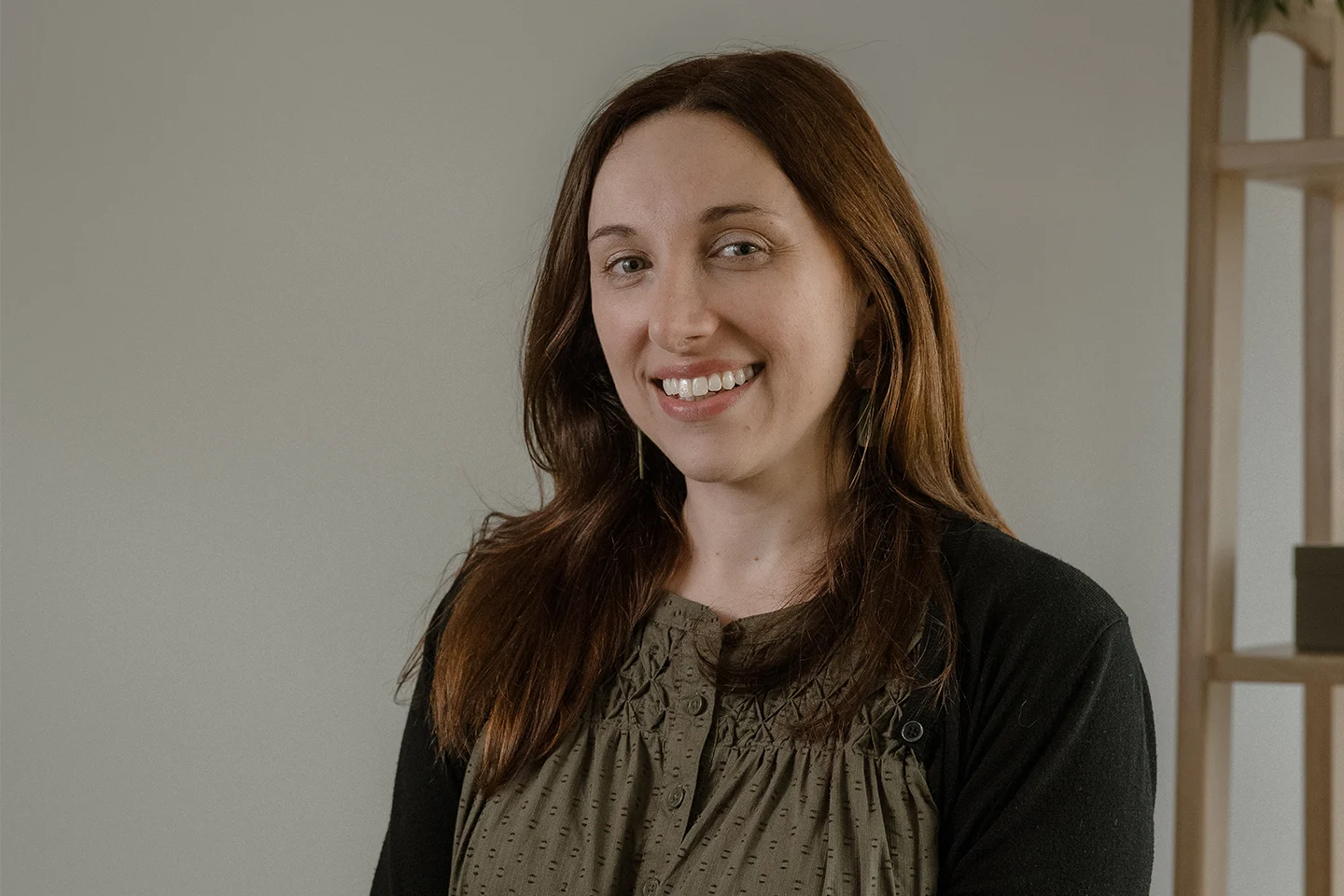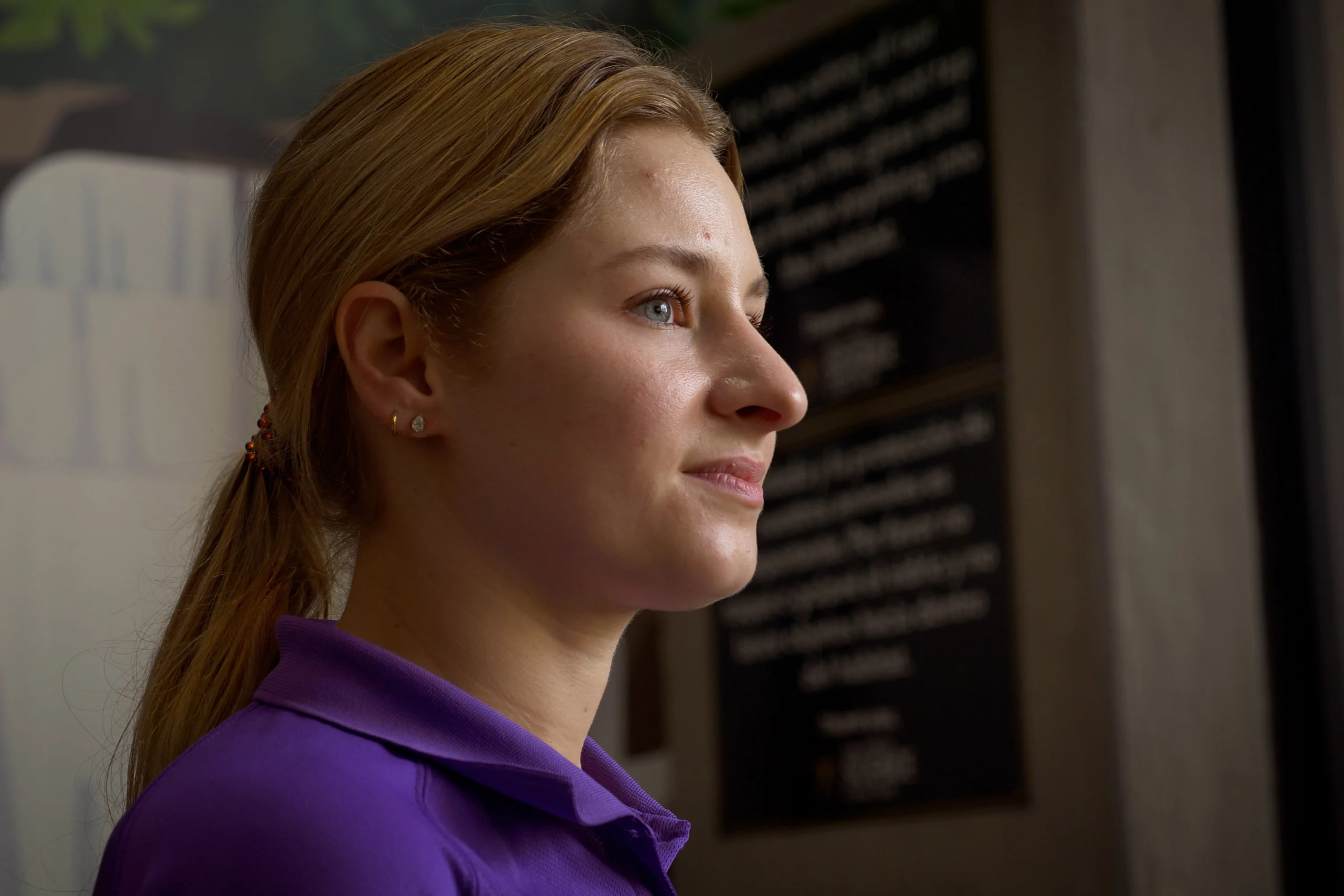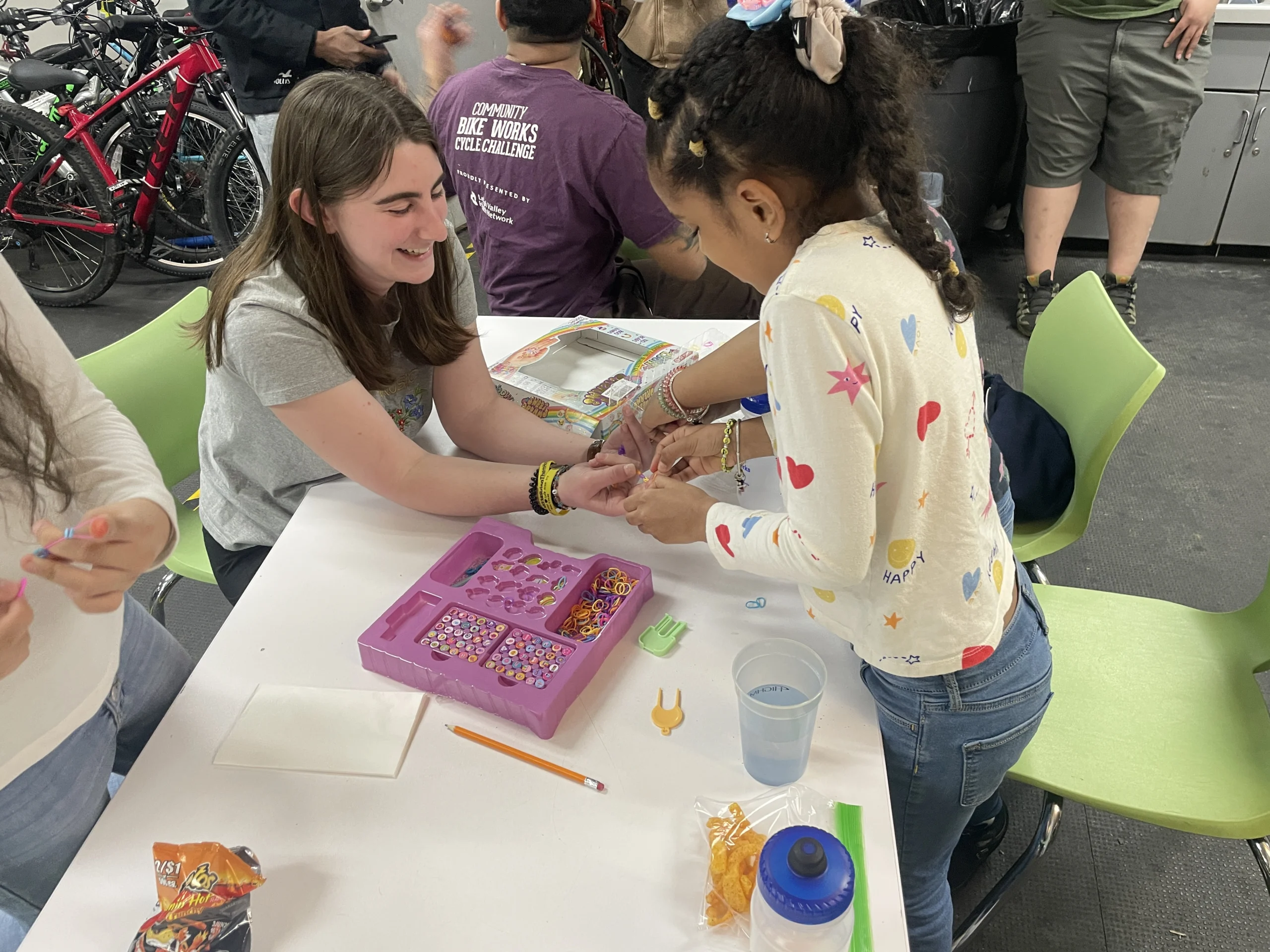
Working Together
Community internships challenge students to build skills and relationships through their work with partner organizations in Allentown and the greater Lehigh Valley.
Danielle Novak Do ’11 spent the summer before her senior year as an intern with Community Bike Works, an Allentown nonprofit that provides bike-related programming to local youth. The internship, offered through the Office of Community Engagement’s (OCE’s) Community Internship Program, gave her a taste of life after graduation. She spent 32 hours a week at the nonprofit’s location about a mile east of campus, collaborating with staff and volunteers, working with young people, and learning how to build bikes from scratch.
“As a naturally introverted and reserved person, this experience really helped open my horizons,” says Do, a mathematics major at Muhlenberg who is now a middle school math teacher in New Jersey. “This gave me confidence to get out of my comfort zone.”
The Community Internship Program offers grant-funded stipends to students interested in working with community organizations in the spring semester and over the summer. This spring, 13 students are placed with organizations — including the nearby Civic Theatre, the Lehigh Gap Nature Center, and Bradbury-Sullivan LGBT Community Center — and nine more students have positions lined up for this summer.
“This long-running program challenges our students to make an impact on the local community and to develop valuable skills they can take with them to any workplace,” says President Kathleen Harring. “These mutually beneficial relationships between Muhlenberg and our community partners support our mission to equip our students with ethical and civic values and to prepare them for lives of leadership and service.”
“This long-running program challenges our students to make an impact on the local community and to develop valuable skills they can take with them to any workplace.”
—President Kathleen Harring
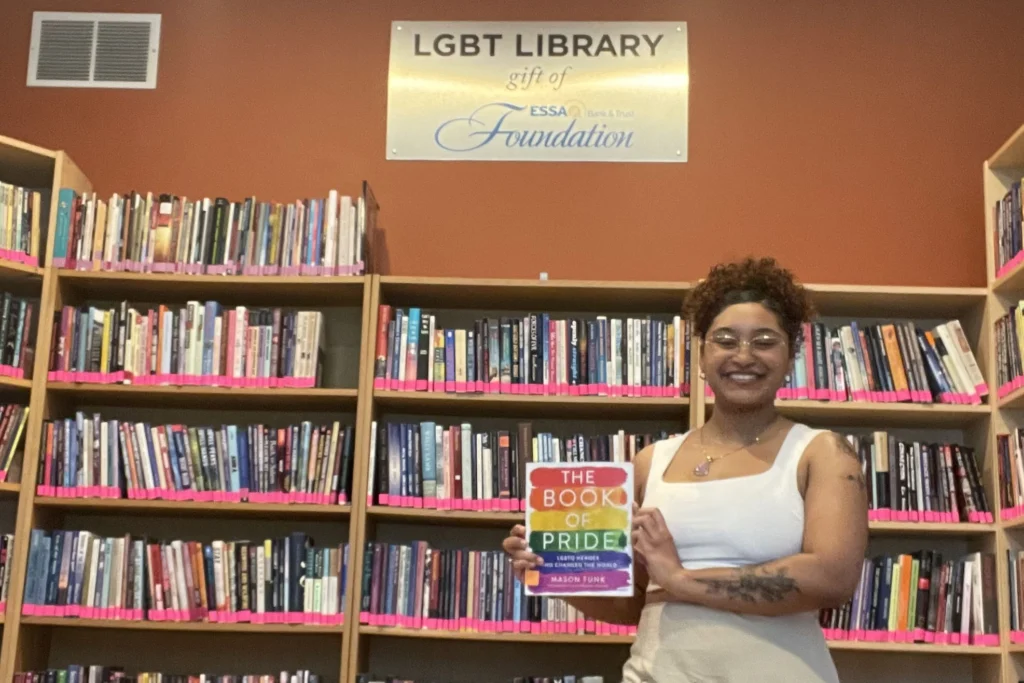
Growth Over Time
The program began under a different name in 2009, initially as a summer-only opportunity. “We, at the time, had a consistent presence in lots of community spaces throughout the school year,” says Director of Community Engagement Beth Halpern. “We wanted to increase sustainability and consistency throughout the entire year..”
While Muhlenberg facilitates the partnerships and secures the grant funding, the organizations select the candidates, work with each intern to develop goals, and provide supervision and feedback. A variety of organizations have hosted interns over the years. Community Bike Works, which has an intern this spring, was one of the very first partners; newer partners include the Refugee Community Center and El Sistema, a music education nonprofit. And funding has come from a variety of sources; this summer’s funding is coming from The Baker Foundation, the Brian and Tara Luing Endowed Nonprofit Internship Fund, and the Marilyn S. Morgan ’64 Internship Fund.
The commonality between all internship hosts is a deep connection with the OCE through other programming — opportunities for students to volunteer, partnerships that bring the organizations to campus, course connections, and so on.
“The outcomes of [community] internships have been described as transformative by students and community partners alike.”
—Director of Community Engagement Beth Halpern
“Community partners can achieve different goals when they have the opportunity to connect in-depth, over time, with a singular student,” Halpern says. “Throughout the program’s existence, connections with our community internship program have allowed organizations to gain access to grant funding, create important organizational structures, perform research to answer community questions, design and implement conferences, archive years of historical material, and create databases, all of which are less group-oriented projects. The outcomes of [community] internships have been described as transformative by students and community partners alike, and create opportunities for different types of community change work.”
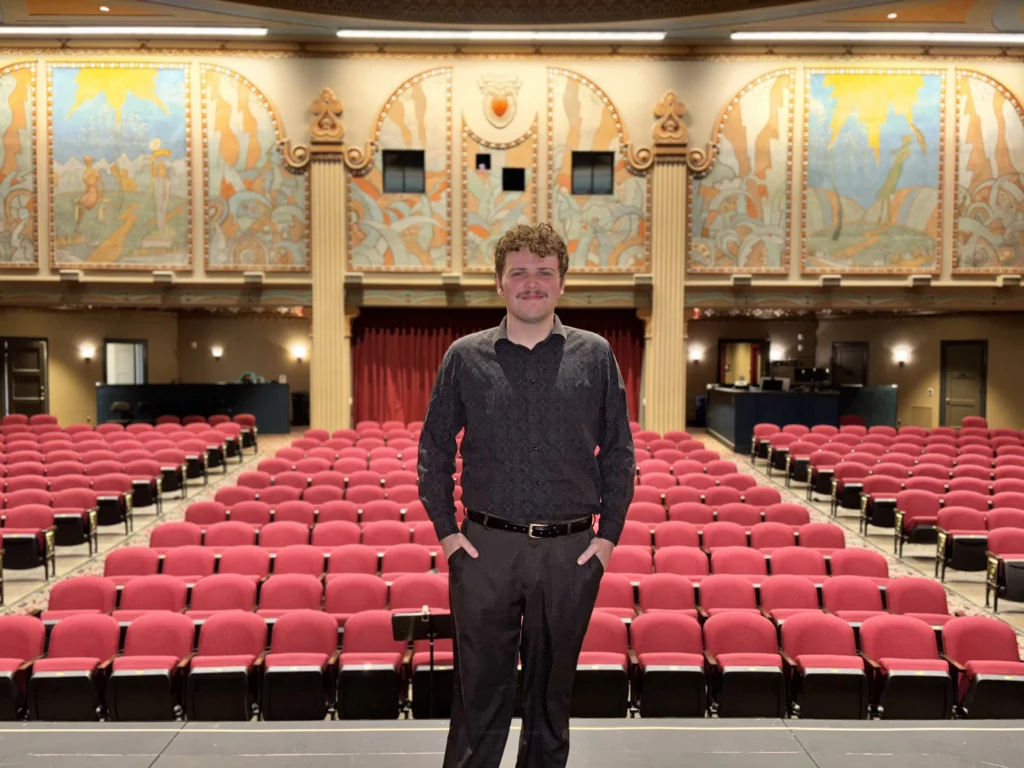
Mutual Benefits
The community organizations, some of which have limited budgets and few full-time staff, enjoy the benefits of having a free-to-them intern with a liberal arts background. Students learn on the job and have historically completed all kinds of tasks — grant writing, conducting research, teaching and tutoring … whatever the partner organization needs.
“Muhlenberg interns become invaluable workers and artists under the direction of Civic’s various department leaders, helping our small staff complete big projects that keep Civic flourishing in our community,” says Rae Labadie, associate artistic director/production manager at the Civic Theatre of Allentown. “I’ve seen interns hone completely new skills at Civic, gain confidence in their communication, grow into production roles, and become part of the Civic family, returning for more opportunities to be involved.”
Students build the skills required to achieve the organization’s goals in addition to soft skills that apply to any career. Students have written in their evaluations about how the internships have helped build their confidence, their ability to converse with strangers, their presentation skills, and their patience. Another benefit to students is the opportunity to spend time in the city Muhlenberg calls home and to get to know some of its residents.
“There are so many lives taking place around us unconnected to Muhlenberg that we are able to be a part of by walking five blocks off of campus,” says Ariana Handelman ’25, a psychology major and business administration minor who’s interning with Community Bike Works. “I gained a larger perspective on life and thought about how my years at college will relate to my life after graduation by pushing myself outside of the bubble and becoming a part of Community Bike Works.”
“Community-based internships require you to take initiative. … It teaches you creativity, adaptability, and strong communication skills.”
—Princesa Santos ’26
There are also opportunities for students to be proactive. For example, after Bradbury-Sullivan LGBT Community Center intern Princesa Santos ’26 helped a primarily Spanish-speaking visitor access resources, she shared the experience with her colleagues and the center began installing more Spanish-language signage.
“I feel proud to have contributed in a small way to that progress, and it’s inspiring to see how places like Bradbury-Sullivan are always growing and finding new ways to make everyone feel at home,” says Santos, an international studies major and Africana studies minor. “On campus, everything tends to be neatly organized — academics, campus jobs, clubs. You’re often told exactly what needs to be done. In contrast, community-based internships require you to take initiative. You propose your own projects, pitch your ideas to your supervisors, and create your own daily tasks based on the community’s needs. It teaches you creativity, adaptability, and strong communication skills.”
Each cohort of student interns meets with the OCE four times throughout their experience to discuss readings about community-based work and share reflections and questions about their time at the partner organizations. At the end of the semester or summer, students give a short presentation about their internship experience to their fellow students, OCE staff, and the community partner organizations.
And the experience does not always end there — some organizations have had such positive experiences with Muhlenberg interns that they’ve asked them to stay on longer. Other students have been offered full-time positions after graduation. Hannah Milagio ’13, a theatre and Spanish double major, was an intern for Community Bike Works who worked for them full-time for a year after graduation. She returned for another six years with the organization after completing graduate school in Massachusetts.
“[The internship] was a really important way for me to learn how valuable I find building relationships with folks,” says Milagio, who is now the regional planner for community engagement with the Lehigh Valley Planning Commission. “That’s not something you can learn in a classroom. It was an invaluable experience for me as a person and me as a student.”

